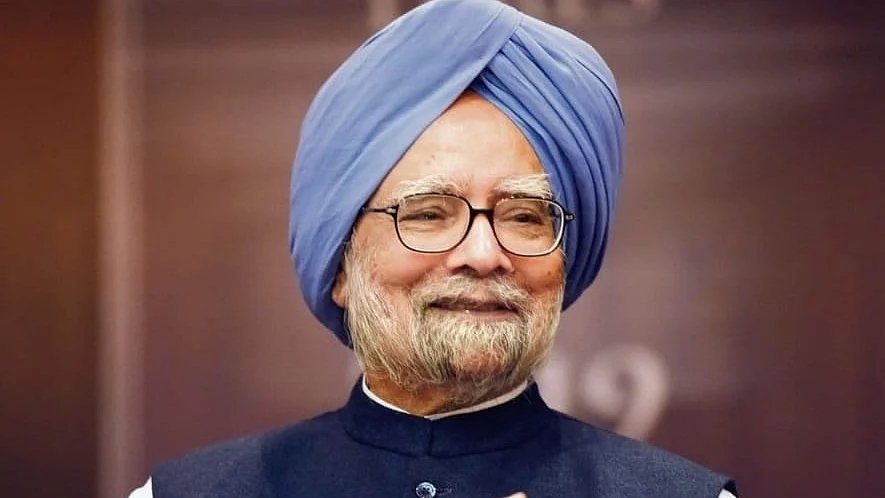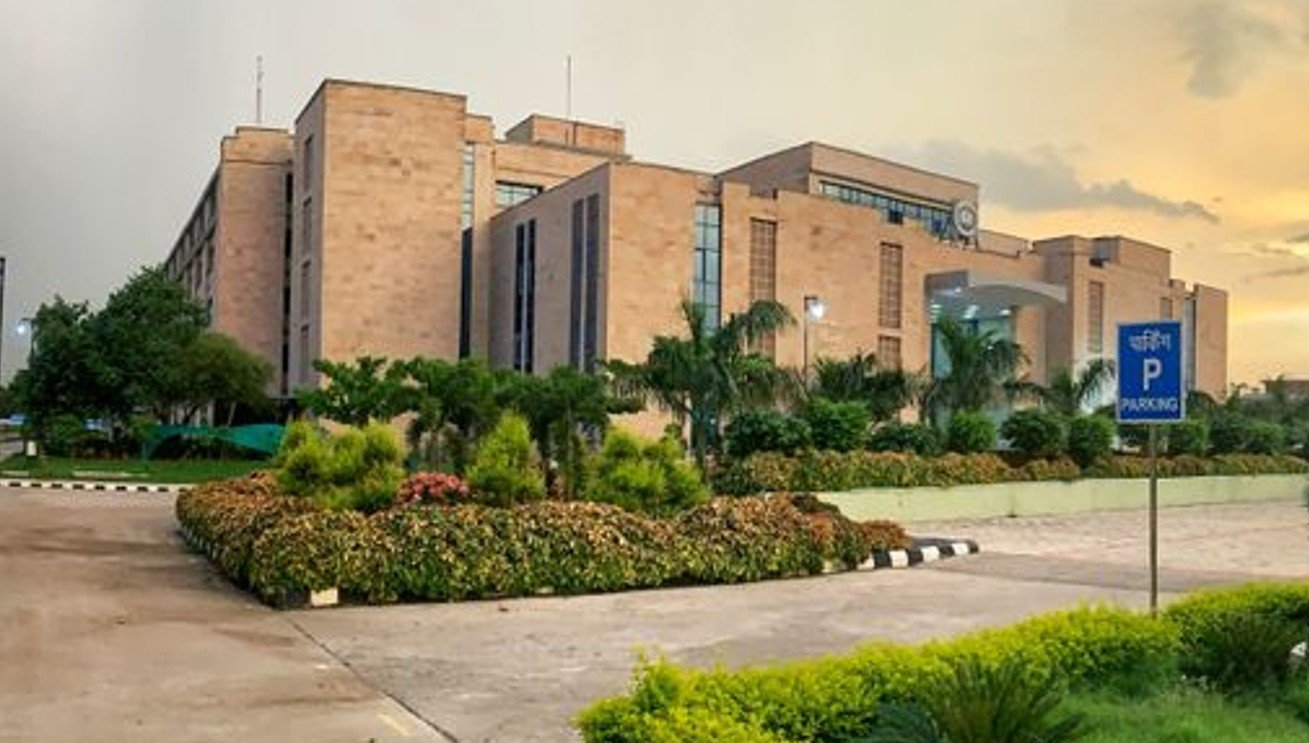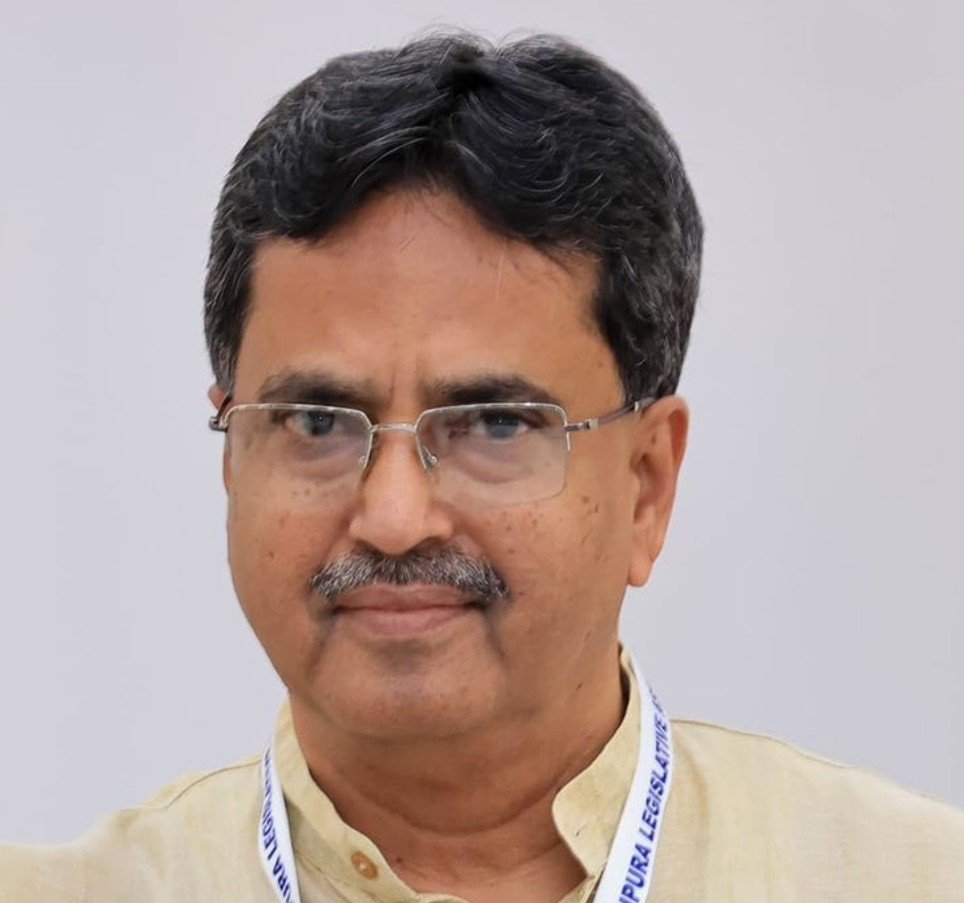
Kolkata, June 29 (IANS) The Chief Justice of India (CJI), DY Chandrachud, on Saturday, observed that the trend of equating judges with God is dangerous since the task of judges is to serve public interest.
“Too very often, we are addressed as Honour or as Lordship or as Ladyship. There is a very grave danger when people say that the court is a temple of justice. There is a grave danger that we perceive ourselves as the deities in those temples,” CJI Chandrachud said while addressing the Regional Conference of National Judicial Academy here on Saturday morning.
The CJI said that he feels reticent when he is told that the court is the temple of justice because the temple postulates that the judges are in the position of a deity.
“I would rather recast the role of the judge as a server of the people. And when you regard yourselves as people who are there to serve others, then you bring in the notion of compassion, of empathy, of judging but not being judgmental about others,” the CJI said.
He said that even while sentencing anyone in a criminal case, the judges do that with a sense of compassion, since at the end, a human being is being sentenced.
“So these concepts of constitutional morality, which I think, are the key, not just for the judges of the Supreme Court or the High Court but also for the district judiciary itself, because the engagement of the common citizens begins first and foremost with the district judiciary,” CJI Chandrachud said.
Speaking on the occasion, he strongly stressed on the relevance of technology in the functioning of the judiciary.
According to CJI Chandrachud, language is the central barrier to accessing and understanding verdicts by common people.
“Technology can provide us with some answers. Most judgments are written in English. Technology has enabled us to translate them. We are translating 51,000 judgments in other languages,” CJI Chandrachud said.








